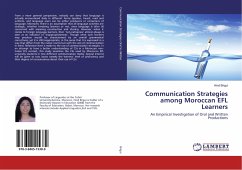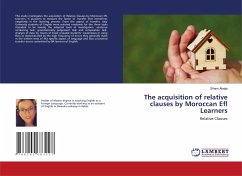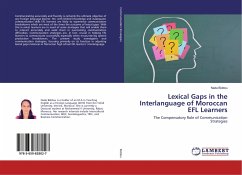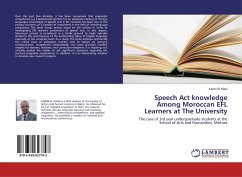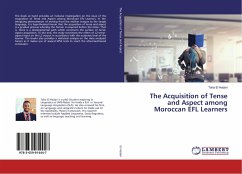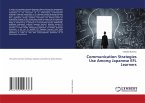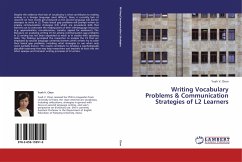From a more general perspective, nobody can deny that language is actually encountered daily in different forms (spoken, heard, read and written), and language users can be either producers or consumers of language. Moreover, there is an assumption that all language activities are strategic, whether involving learners or not, since language is after all concerned with meaning construction and sharing. However, when it comes to foreign language learners, their 'non-nativeness' almost always is seen as an indicator of 'inappropriateness'. Though what such learners may produce would be characterized by an overall grammatical correctness, yet it is still inappropriate, in the sense that it is expressed in a way that differs from the native norms but with the aim of communication in mind. Reference here is made to the use of communication strategies. In an attempt to have a better understanding of CSs in a Moroccan non-native EFL context, this study examines the CSs used by Moroccan EFL university students in two different communication media. Special interest will be given to two issues namely the learners' level of proficiency and their degree of consciousness about their use of CSs.
Bitte wählen Sie Ihr Anliegen aus.
Rechnungen
Retourenschein anfordern
Bestellstatus
Storno

